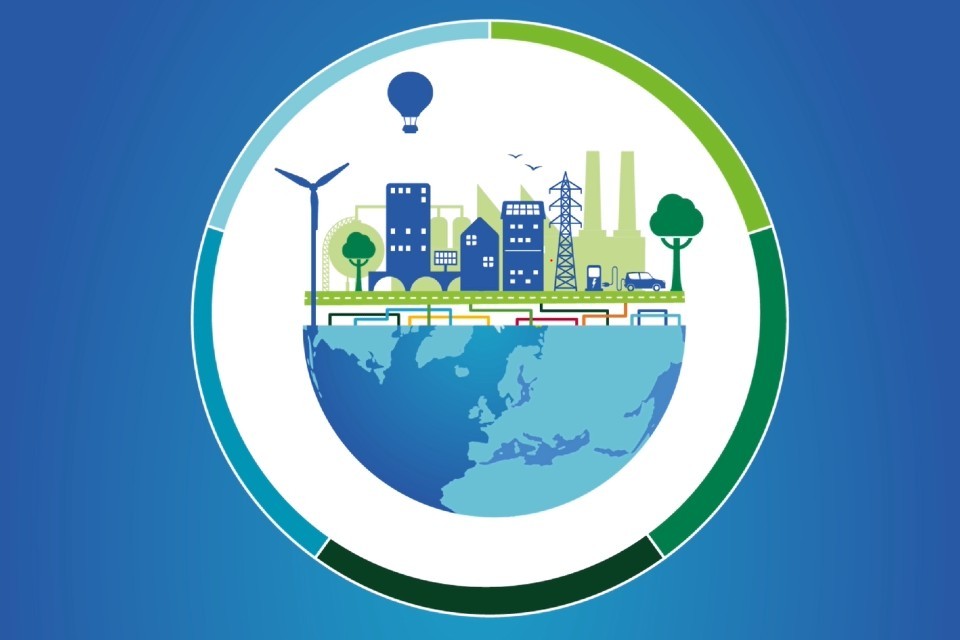Ofgem has published its Forward Work Programme for 2021/22, detailing five long-term strategic change programmes alongside new initiatives.
When it comes to specific 2021/22 initiatives, Ofgem pointed to four separate initiatives it is working on. It said it is working with BEIS to amend legislation to allow for the introduction of electronic licensing, which will reduce costs and time.
It outlined how it continues to monitor and report on the impacts of its work on business, adding that it will look to engage constructively with the new business impact target methodology. Additionally, following the publication of the Penrose Report on Competition Policy it will work closely with government on responses to the report’s energy-related recommendations.
Its third initiative for the year surrounds industry information requests, stating that its Requests for Information (RFI) are a critical tool in helping shape current and future regulatory processes, but “they come at a cost to industry”.
It is now looking at the information it gathers in the round to ensure it has the necessary information to monitor the market without causing undue burden on market participants.
Lastly, it said it has agreed efficiency targets with HM Treasury and has introduced internal efficiency programmes for 2021/24, to reduce its overall costs and support its Transformation Programme goals.
Alongside the 2021/22 specific initiatives, however, Ofgem also detailed five strategic change programmes which – alongside its two enduring priorities of maintaining its core regulatory functions and the delivering current and new government schemes – make up its new Strategic Framework.
Firstly, the regulator outlined how it will enable investment in the low carbon infrastructure needed to deliver net zero, with plans to efficiently transform the onshore electricity network, develop new regulatory approaches to manage cyber risks to energy infrastructure and take a coordinated approach to expanding the offshore network.
Ofgem will also strive to unlock the benefits of data and digitalisation to enable the changes required in the energy system at least cost.
It will establish new data and digital defaults and ensure the sector is incentivised to adopt them, enabling the sector to grow through existing and new infrastructure, and develop future data and digital solutions and provide leadership and collaboration.
The regulator also pointed to how in order to balance the system and keep costs down as more renewables are deployed, there will be a need for full chain flexibility with delivering this therefore being another of its strategic change programmes.
As part of this it will focus on understanding how smart electric vehicle (EV) charging and vehicle-to-grid services can be leveraged for the system’s benefit, working with the Department for Business, Energy and Industrial Strategy (BEIS) to remove barriers for energy storage and developing a comprehensive approach to unlocking significantly more flexibility services from smaller, distributed energy resources.
It will also deliver a future retail market with innovative retail products while ensuring protections are in place for all, giving the example of products that can enable consumers to benefit from the flexibility they provide.
Lastly, Ofgem will promote energy system governance arrangements that are fit for the future, including Ofgem itself. It is aiming to identify its medium and longer-term goals as the energy regulator, implement institutional and functional reforms and establish a vision for energy system governance.
Writing on the Ofgem’s website, CEO Jonathan Brearley said that in order to realise the regulator’s agenda “we recognise that Ofgem itself is going to need to change” and it is therefore working to transform itself to be an even more “dynamic, inclusive and high-performing organisation”.





